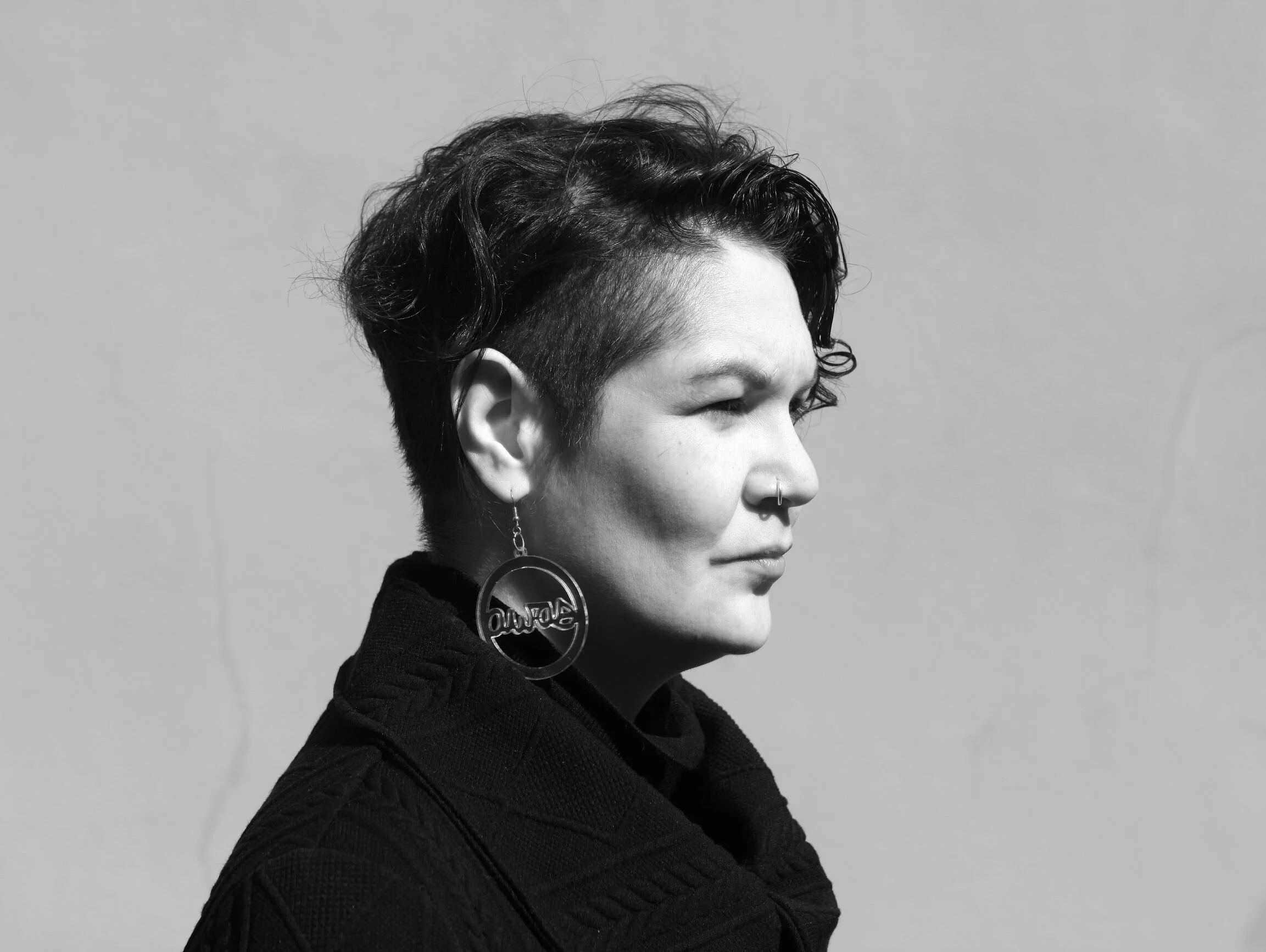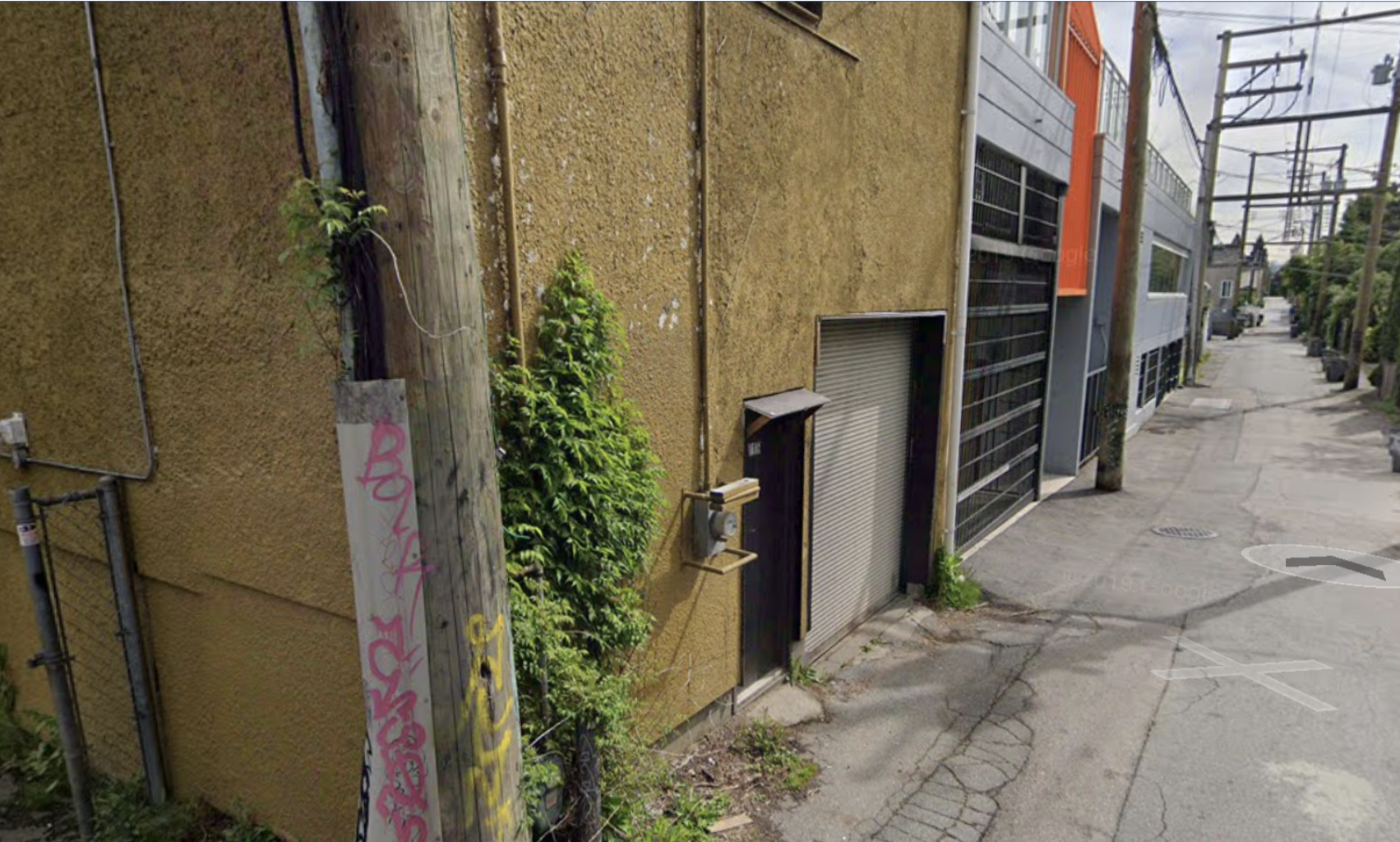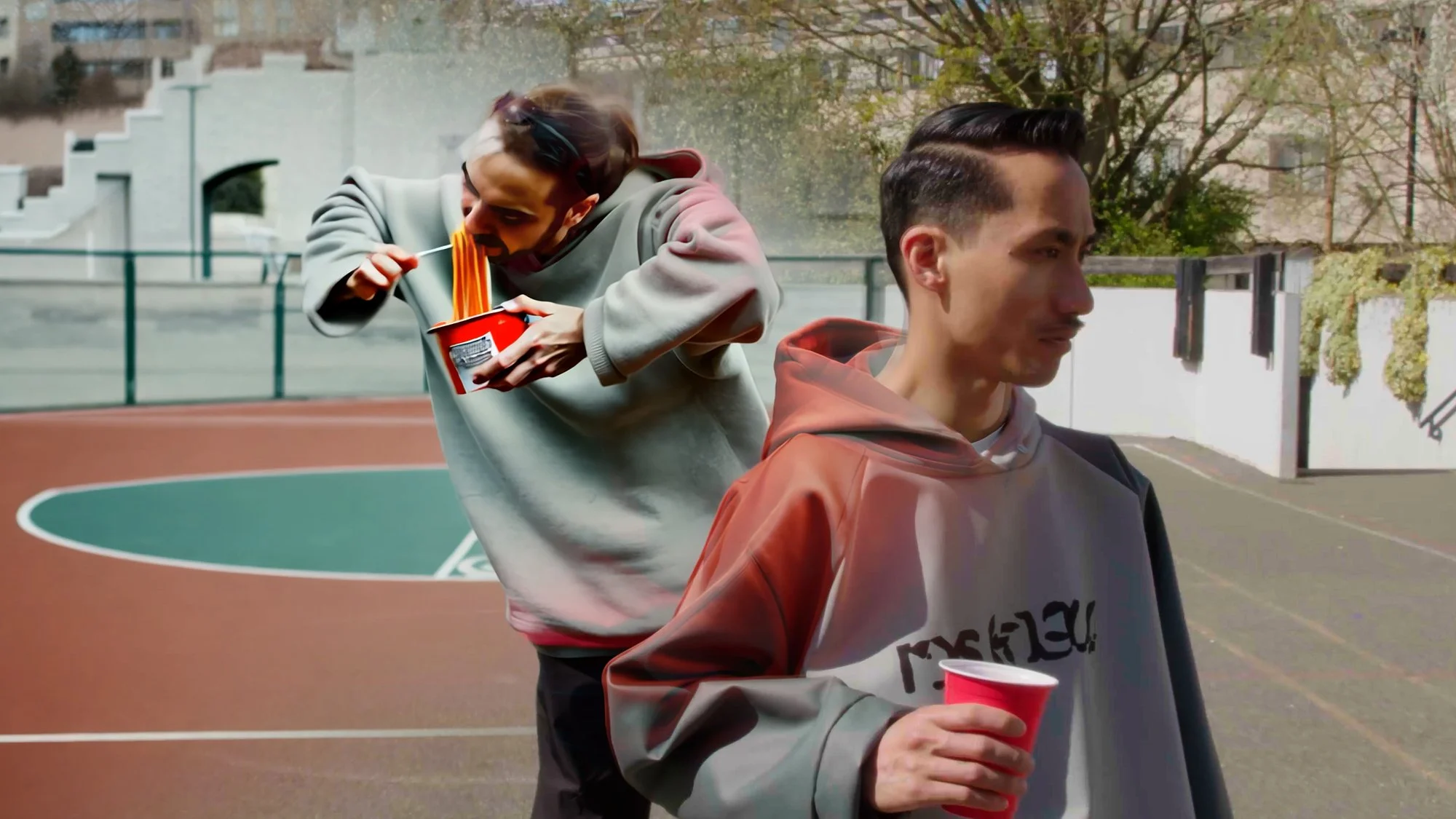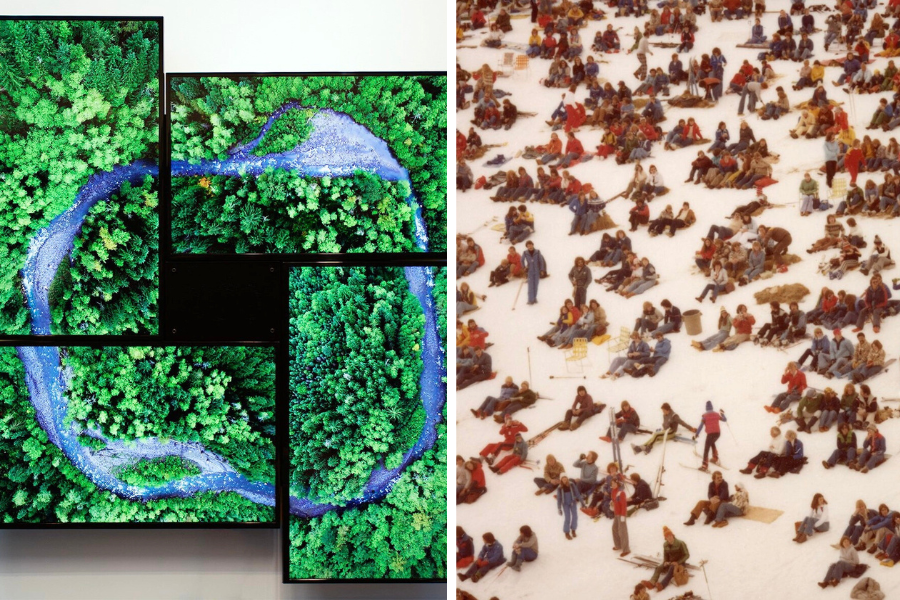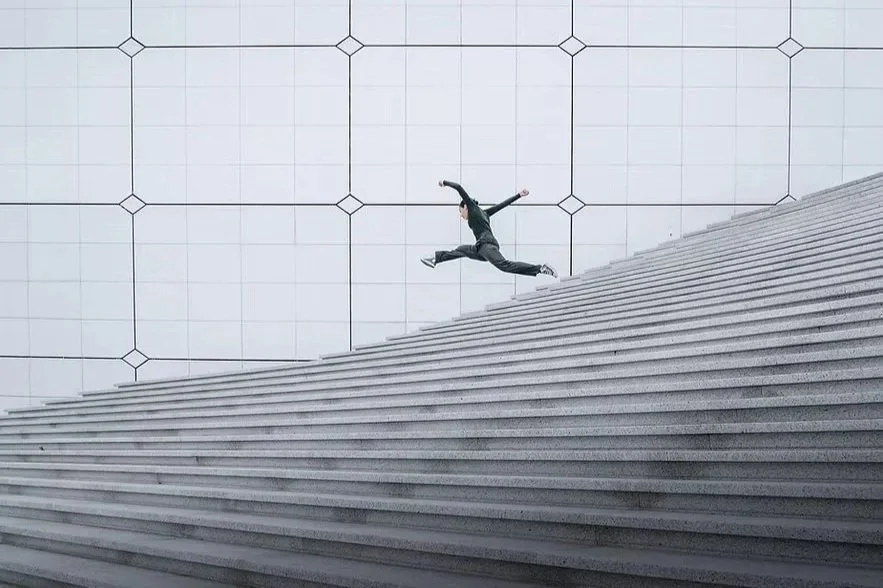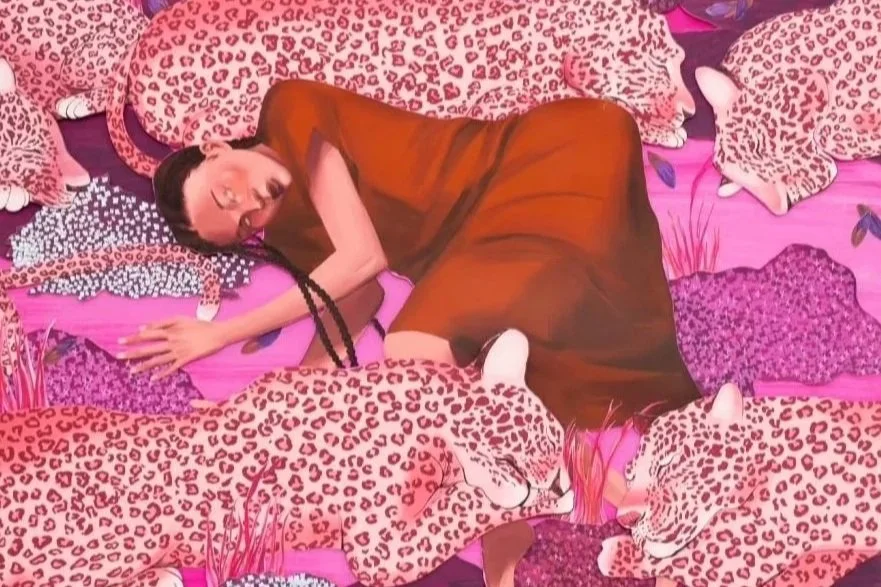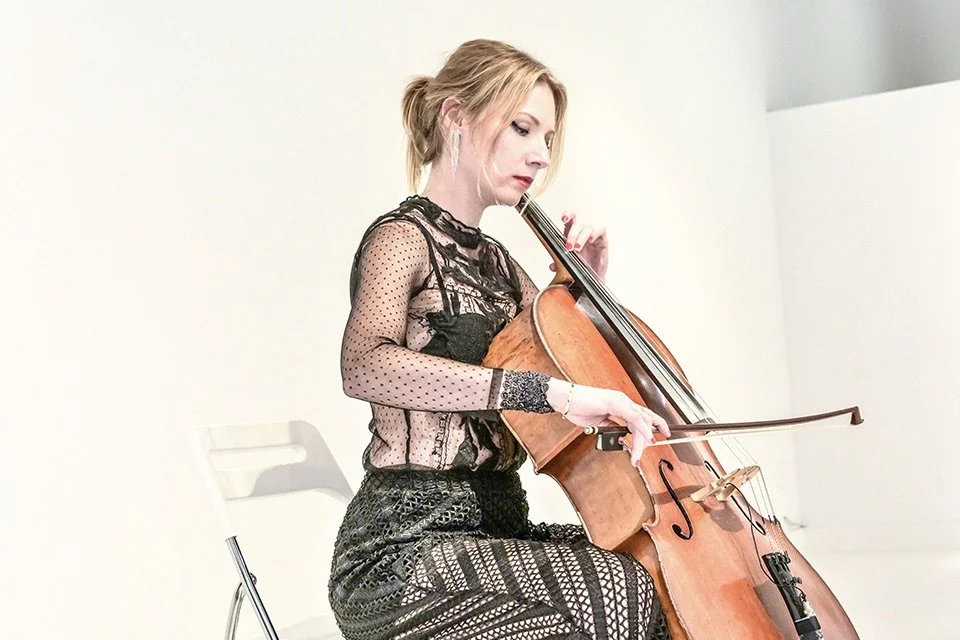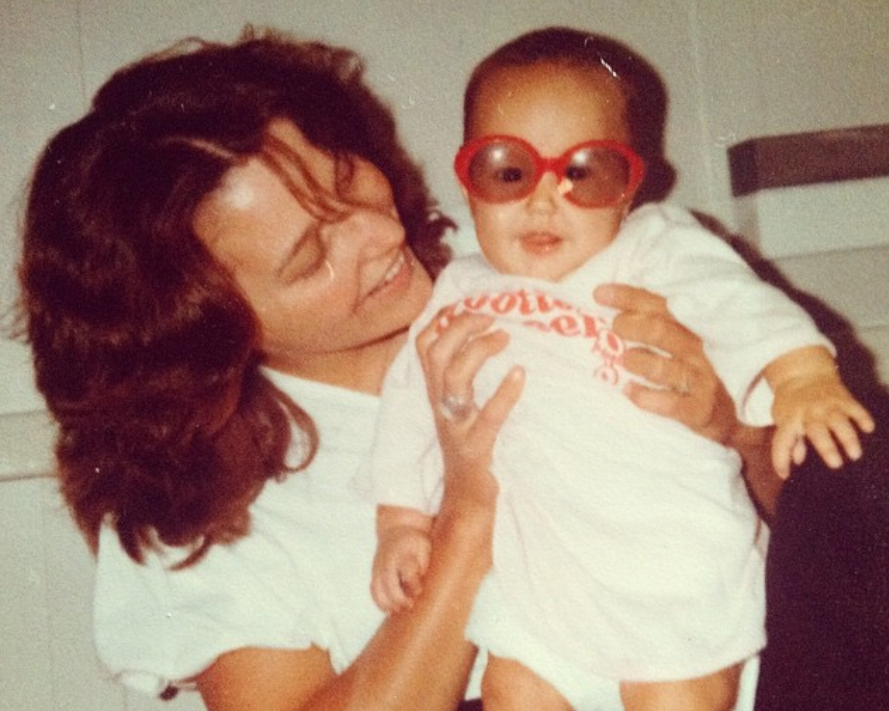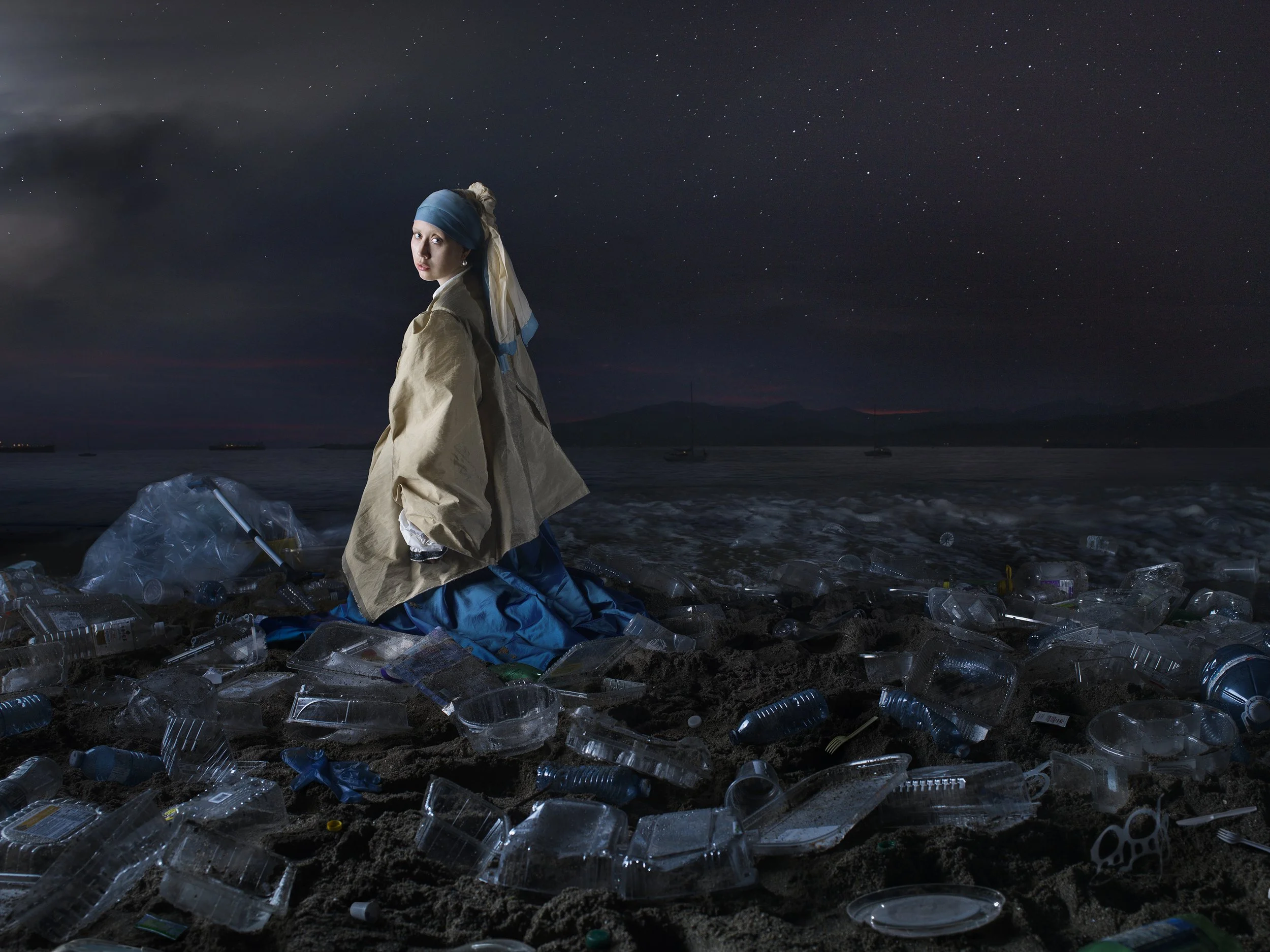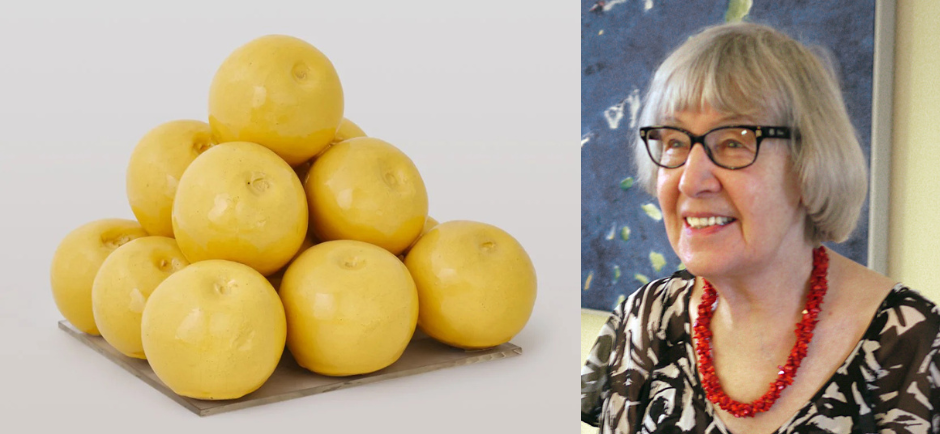Stir Q&A: Opaskwayak Cree Nation singer-songwriter Tara Williamson on her new album, the loss of her son, and wellness
The Victoria-based musician performs at Talking Stick Festival: Summer Sojourn
Tara Williamson’s forthcoming album, Enough, is the first time the artist doesn’t play any instruments and simply sings. Photo by Scott Benesiinaabandan
Tara Williamson and the Good Liars perform at Talking Stick Festival: Summer Sojourn on June 18 at 7 pm PDT online.
PART POET, PART provocateur: these are words that have been used to describe Victoria-based First Nations singer-songwriter Tara Williamson. A member of the Opaskwayak Cree Nation who was raised in Gaabishkigamaag (Swan Lake, Manitoba), Williamson is also a Research Fellow with the Yellowhead Institute and has degrees in social work, law, and Indigenous Governance.
Her debut album, Songs to Keep Us Warm, was nominated for Best Pop Album at the 2017 Indigenous Music Awards. Drawing on everything from jazz to blues, Williamson received the Joseph S. Stauffer Prize in Music from the Canada Council for the Arts in 2020.
Coming on June 25 is Enough, an 11-track album produced by Justin Delorme that arose out of sorrow from the passing of her infant son. The song “Enfolding”, which has been featured on the APTN series Amplify, is a frank exploration of loss and love. (Pre-order is available via Bandcamp.)
Stir caught up with Williamson to learn more about her upcoming performance and what else is happening in her world.
Congratulations on the recent release of "I Lied" (which I have had on repeat) and the forthcoming release of your album. How would you say you have changed or grown as an artist since your debut record?
Well. Soooo many things have changed. Just life itself, right? Like, who would’ve thought I’d be living in Victoria in a pandemic and have had half the life experiences I’ve had in the last eight years.
But, musically, I would say I’ve become a lot more confident in my song writing and vocal technique—and, that’s come from working with and being trained and mentored by so many amazing artists. This album is the first time I don’t play any instruments, I just sing. And, I’m not sure I would’ve had the confidence to do that when I first started out. Also, I’ve learned a lot about working with other musicians and performing live—which has also come from so many publicly-funded music programs and mentorships.
This album—like any art project—is a result of so many people’s work and love and energy and I can’t even start to list all of them, but to make it clear, I wrote the songs and performed them, but sometimes that feels like the least of all of the work that went into making this album what it has become.
On your website you share that Enough was borne out of sorrow from the loss of your infant son. I am so deeply sorry to learn of your loss. How has music helped you navigate the pain of this experience? There’s that expression “music heals”; is this something you can relate to? How are you doing?
The first show I did after I lost my son was in Winnipeg and my Aunty was driving me to a rehearsal and I remember she told me “You’re lucky you can sing.” And, it was the truest thing. There are so many impossible things about grief and huge emotions, but I already had a way to express big things—music.
So, I’m hesitant to say definitively that art or music “heals”—and I think we all have different gifts that help us get through the hard times in life. But, I will say that I’m not sure how I would’ve processed so much emotion without being able to sing and write. Even the basic physicality of singing—breathing, expanding your body, making sounds—are pillars of wellness and still help me deal with anxiety and being overwhelmed.
The pandemic has had Williamson missing movie theatres, music venues, and her family. Photo by Summer Faith Garcia RezKat Studios
What does National Indigenous History Month mean to you? And Talking Stick Festival?
I mean. Every month is Indigenous History Month for me, lol. But I really do appreciate that it means a lot in terms of educating the broader public, especially considering the trauma of the last few weeks.
The Talking Stick Festival is a cornerstone of Indigenous art on Turtle Island and I’m extremely honoured to have them present my album release show. They demonstrate some of the most marked foundations of Indigenous art: diversity, edginess, adopting new technologies, and support of Indigenous art and artists. The fact that they’ve been able to completely shift how they program this festival to keep it relevant and accessible to audiences and artists IN THE MIDDLE OF A GLOBAL PANDEMIC is nothing short of amazing.
What are you most looking forward to amid the gradual easing of the pandemic?
I just booked a ticket home!!!! I’m going to see my family and honestly even writing that is making me tear up. I haven’t spent this long away from home since I first moved away when I was 17 years old.
Also, movie theatres and music venues.
You juggle a lot as a writer, researcher, educator, and musician. How do you deal with stress?
HAHAHAHAHA. I don’t know. Sometimes I don’t?
I’ve always been a high-energy person who has many things on the go. But admittedly grief took a lot out of me, and as I age, I’ve had to adapt how I do all of the things.
Most recently, my mottos have been “One thing at a time” and “Take a breath” and that’s been really helping me stay present.
Also, I honestly have the most amazing network of family and friends. I always have someone to talk to, to lift me up, to lend me money (lol), and also to give me real talk when I need.
Who or what inspires you and in what ways?
I am inspired by children and youth. And new Indigenous artists. And water. I love all kinds of water. I dream about kids and water.
And, I’m inspired by all the Indigenous people whose shoulders I’m standing on—those artists who had to fight to make space for us and didn’t give up.
This interview has been very lightly edited and condensed.


